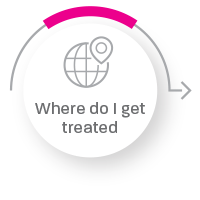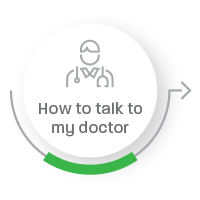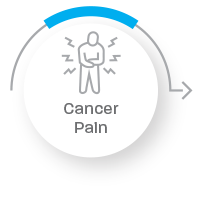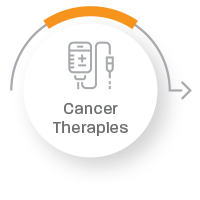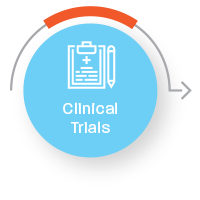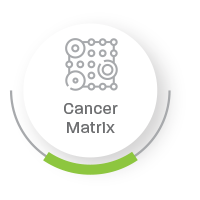Clinical Trials
Clinical Trials
For cancer patients, clinical trials can provide access to promising new treatments that are not yet widely available. However, deciding whether to participate in a clinical trial can be a difficult decision, and patients should talk with their doctor to determine if it is right for them. There are several websites that can help patients identify clinical trials, such as ClinicalTrials.gov and the National Cancer Institute’s website. Patients can also talk with their doctor or a patient advocate to find out if there are any clinical trials that may be a good fit for them. If there are no clinical trials nearby, patients can ask if there are any remote or virtual trials that they can participate in. It’s important to understand the differences between the phases of clinical trials, with Phase 1 being the earliest stage of testing and Phase 3 being the final stage before FDA approval. Patients should also ask their doctor about the potential risks and benefits of participating in a clinical trial.
One advantage of participating in a clinical trial is access to potentially life-saving treatments before they are widely available. Additionally, clinical trials can provide close monitoring by a team of medical professionals, which can help patients manage their cancer more effectively. Patients who participate in clinical trials also contribute to the advancement of cancer research, which can benefit future cancer patients. However, it’s important to note that not all clinical trials are successful, and there may be potential risks or side effects associated with participating in a trial. Make sure to carefully consider your options and consult with your doctor to determine if a clinical trial is right for you.
Useful Links
1. — Clinicaltrials.gov
2. — MD Anderson
3. — National Cancer Institute
4. — American Cancer Society
5. — Cancer.net

Help Support Cancer GPS
Cancer GPS is a 501(c)(3) organization, and your donations allow us to keep providing services to cancer patients and their families. Thank you for your continued support.

